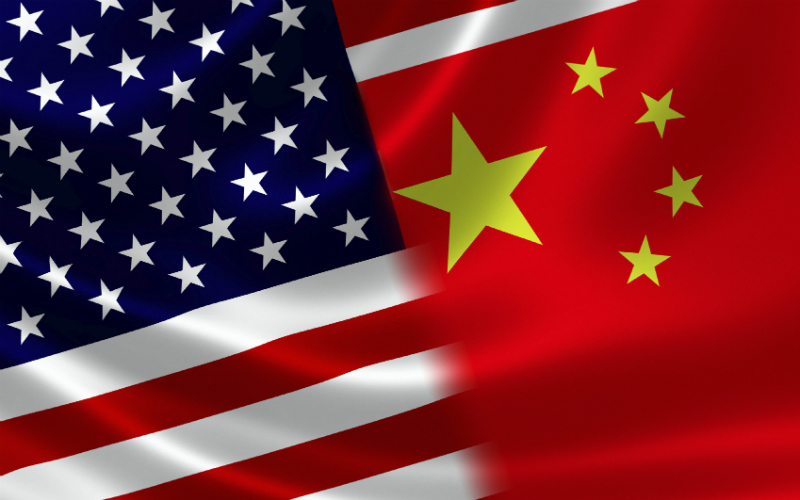The WHO, a wing of the United Nations and friend to Communist China, was largely criticized for its COVID-19 response in a 2021 report by an independent panel that the WHO itself authorized. The panel found that the WHO should have declared a global response earlier than it did.
The report also cited a “myriad of failures, gaps and delays in preparedness and response.”
 After miserably failing its main mission, the WHO now says it is trying to improve its preparedness for future pandemics - and needs more authority to do so - but critics say its methods have the look of a massive invasion of privacy.
After miserably failing its main mission, the WHO now says it is trying to improve its preparedness for future pandemics - and needs more authority to do so - but critics say its methods have the look of a massive invasion of privacy.
The declaration is non-binding. Russia voted against the measure and was joined by Belarus, Bolivia, Cuba, North Korea, Eritrea, Iran, Nicaragua, Syria, Venezuela and Zimbabwe. The dissenters did not voice their objections during the meeting but did in a letter beforehand.
The declaration is one step closer to a pandemic treaty that would be legally binding for its members during a time of pandemic response.
Former House member Michele Bachmann, who attended the WHO’s Geneva conference in May, has said the group’s efforts to amend the International Health Regulations, if approved at its May 2024 meeting, would grant broad emergency powers to the WHO such as the ability to mandate vaccines, regulate travel and more.
“This is profound because this creates the opportunity for global government, and global government would then be administered through the United Nation’s through the World Health Organization. We would lose national sovereignty,” Bachmann warned.
“The irony of this, of course, is that the WHO did such a horrible job during the pandemic. The Constitution was actually given to us because (the founders) knew power likes to coalesce,” Rep. Michael Cloud, (R-Texas) said on Washington Watch show Friday. “They’re willing to cede U.S. sovereignty to a global power.”
Dr. Peter McCullough, a vocal critic of the COVID-19 vaccine, ripped the UN and the WHO in a weekend speech to the European parliament.
"The role of the WHO," he told Europe's lawmakers, "appears to be operating within a biopharmaceutical complex - a syndicate - a complicated syndicate that has formed over time."
In its declaration, the WHO inserts itself not only into pandemic matters but also into social conversations like climate change and abortion.
 The declaration says the WHO will “call upon member states to take all measures necessary to ensure the right of women and girls to the enjoyment of the highest attainable standard of health, including sexual reproductive health and reproductive rights … with a view of ensuring universal access to such systems and services without discrimination.”
The declaration says the WHO will “call upon member states to take all measures necessary to ensure the right of women and girls to the enjoyment of the highest attainable standard of health, including sexual reproductive health and reproductive rights … with a view of ensuring universal access to such systems and services without discrimination.”
The WHO seeks to “take measures to address the negative impact of misinformation and disinformation on public health measures and to counter misinformation and disinformation on social media platforms.”
“This is an unlawful approach, and it’s the wrong thing to do. There’s no room for it in the Constitution,” Rep. Cloud told show host Joseph Backholm.
More power to solve a 'problem'
Cloud said the administration is using the WHO to skirt around U.S. opposition to enforce its social agenda.
“This calls for a treaty, but for the United States, we’re not going to call it a treaty because we know we’d have to go through the Senate and actually get the votes to approve it," the congressman complained. "So he’s trying to do an end around on Congress.”
Cloud compares the administration’s eagerness to dance with the WHO – while sacrificing U.S. interests -- to what he sees playing out on the southern border.
“This is connected. It’s the same worldview that’s leaving us with open borders,” he said. “The WHO’s solution to having done a terrible job during the pandemic is, ‘Oh, if we’d have only had more power we could have done a better job. That’s the solution of big-government kind of people. It’s always, ‘We can fix the crisis we created if we had more power to control the crisis.’”














